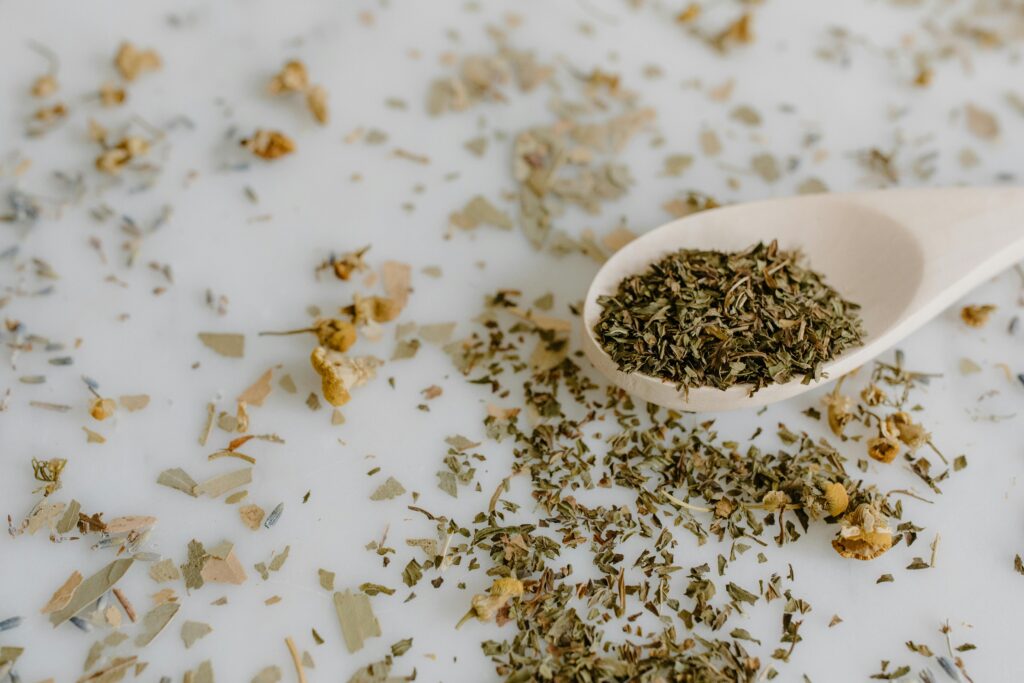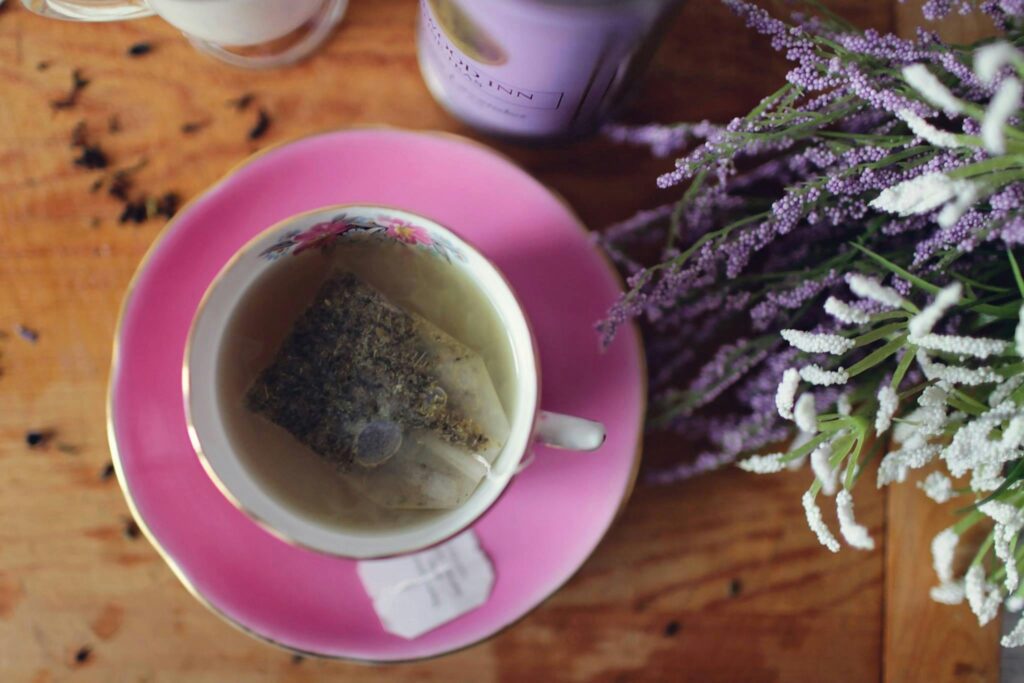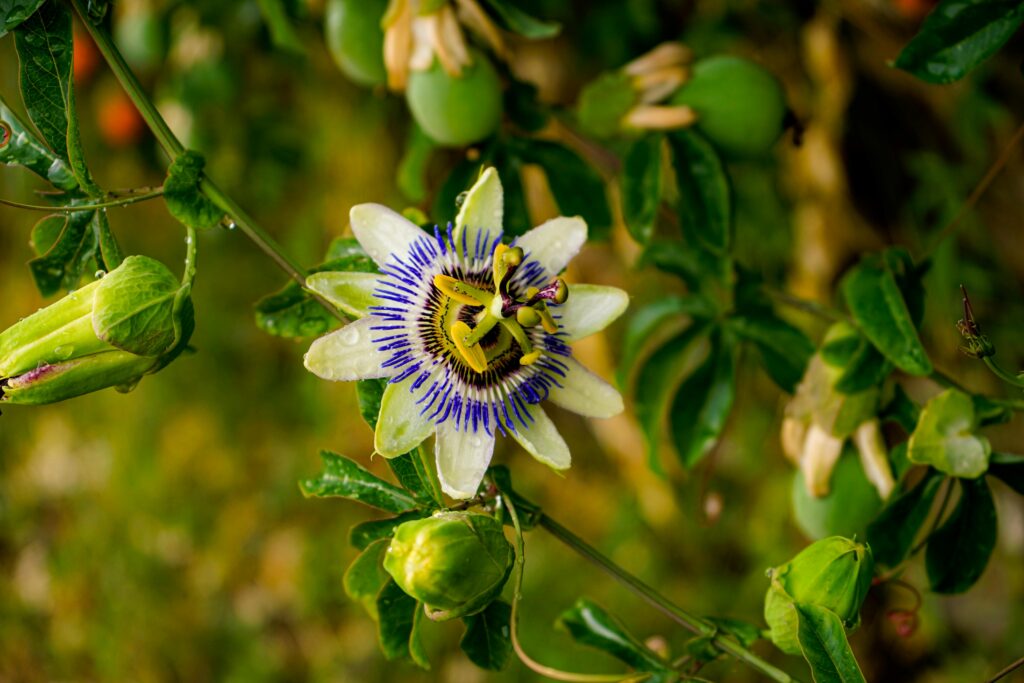Getting a good night’s sleep is one of the most important pillars of health, yet millions of people worldwide struggle with insomnia, restlessness, or poor-quality sleep. While modern supplements and sleep aids exist, sometimes the simplest remedies are the most effective. For centuries, people have turned to herbal teas for better sleep, using natural ingredients to calm the mind and relax the body.
In this guide, we’ll explore the top 10 herbal teas for better sleep, highlighting their unique benefits, how to prepare them, and why you should consider adding them to your evening routine.
1. Chamomile Tea – The Classic Sleep Aid
Chamomile is perhaps the most well-known herbal tea for promoting relaxation. Rich in antioxidants like apigenin, chamomile binds to receptors in the brain that help reduce anxiety and induce sleep.
- Main benefit: Improves sleep quality, reduces nighttime awakenings.
- Best time to drink: About 30 minutes before bed.
- Extra tip: Add a teaspoon of honey for enhanced calming effects.

2. Lavender Tea – A Natural Stress Reliever
Lavender isn’t just for aromatherapy; when brewed as tea, it offers calming properties that reduce stress and support deeper sleep. Research has shown that lavender tea may also reduce symptoms of anxiety, making it an ideal bedtime drink.
- Main benefit: Reduces stress, supports relaxation.
- Perfect pairing: Mix with chamomile for a soothing nighttime blend.

3. Valerian Root Tea – The Herbal Sedative
Valerian root has been used since ancient times as a natural sedative. Clinical studies suggest it can help reduce the time it takes to fall asleep and improve sleep quality. While it has a stronger, earthy taste, many people find it highly effective for managing insomnia.
- Main benefit: Helps people fall asleep faster.
- Best time to drink: 1–2 hours before bed.
4. Lemon Balm Tea – Uplifting Yet Calming
Part of the mint family, lemon balm tea helps reduce anxiety and promotes relaxation. It’s especially useful for people who struggle with racing thoughts at night. Many drinkers also report improved mood, making it a double-benefit tea.
- Main benefit: Calms the nervous system, reduces overthinking at night.
5. Passionflower Tea – For Deep, Restful Sleep
Passionflower is a gentle yet powerful herb known for reducing overactive brain activity. Studies show it increases gamma-aminobutyric acid (GABA) levels in the brain, which calms the nervous system.
- Main benefit: Supports longer, uninterrupted sleep.
- Best for: People who wake up frequently during the night.

6. Magnolia Bark Tea – An Ancient Remedy
Magnolia bark has been used in traditional Chinese medicine for centuries to reduce stress and improve sleep. It contains honokiol, a natural compound shown to have sedative effects.
- Main benefit: Reduces stress-related insomnia.
- Best time: Evening, 1–2 hours before sleep.
7. Peppermint Tea – Relaxation for Body and Mind
Although peppermint is more commonly associated with digestion, it also supports relaxation by easing tension and soothing the body. For people who experience stress-related insomnia, peppermint tea can be very effective.
- Main benefit: Relieves tension, reduces discomfort that may disturb sleep.
8. Rooibos Tea – Caffeine-Free and Antioxidant-Rich
Rooibos is naturally caffeine-free and contains antioxidants that support overall wellness. While it doesn’t act as a sedative, it helps relax the body, making it a great addition to a bedtime routine.
- Main benefit: Gentle relaxation without drowsiness.
- Good for: People who want an everyday nighttime tea.
9. Holy Basil (Tulsi) Tea – Balancing and Restorative
Holy basil, or Tulsi, is considered an adaptogen, meaning it helps balance stress hormones in the body. By lowering cortisol levels, tulsi tea promotes relaxation and more restful sleep.
- Main benefit: Balances stress, improves overall restfulness.
10. Ginger Tea with Honey – Comforting Nightcap
Although not traditionally a sleep-inducing herb, ginger tea calms digestion and reduces discomfort that may interfere with sleep. Combined with honey, it becomes a warming, soothing drink to end your day peacefully.
- Main benefit: Promotes comfort and relaxation.
- Great for: People with indigestion that keeps them awake.
How to Choose the Right Herbal Tea for Better Sleep
The best herbal teas for better sleep depend on your specific needs:
- If you experience stress or anxiety → Chamomile, Lavender, Lemon Balm
- If you have trouble falling asleep → Valerian Root, Passionflower
- If you wake up often → Passionflower, Magnolia Bark
- If you want a gentle, daily tea → Rooibos, Peppermint, Tulsi
Useful External Links
Here are some trusted resources you can explore for more on herbal teas and sleep:
- The Best 7 Teas for Sleep
- Restless? Try These Bedtime Teas for Better Sleep
- 8 Teas To Drink Before Bed for Better Sleep
FAQ – Herbal Teas for Better Sleep
Q: Can I drink herbal tea every night?
A: Yes, most herbal teas are safe for daily use. However, stronger herbs like valerian root are best used for short-term relief.
Q: Are herbal teas safe for everyone?
A: While generally safe, pregnant women, nursing mothers, or those on medications should consult a doctor before trying herbal teas.
Q: How long before bed should I drink herbal tea?
A: Most teas work best when consumed 30–60 minutes before sleep.
Q: Which herbal tea works the fastest?
A: Valerian root and passionflower are among the fastest-acting, but chamomile and lavender are gentler options suitable for daily use.
Disclaimer
This article is for informational purposes only and is not intended to replace medical advice. Always consult your healthcare provider before making changes to your diet, lifestyle, or supplement routine, especially if you have existing health conditions or take prescription medications.
